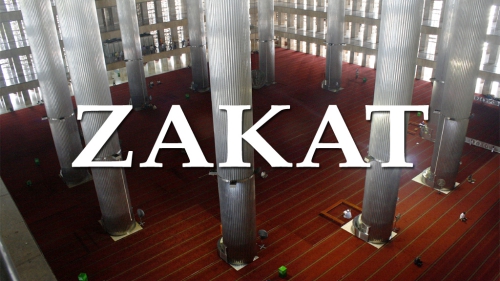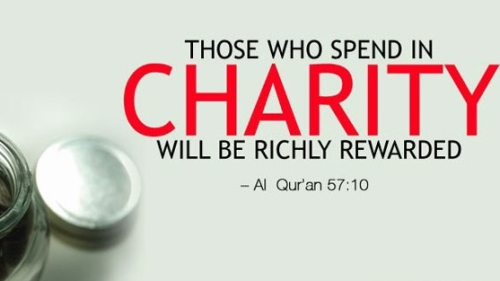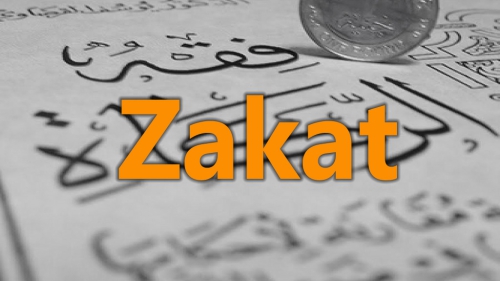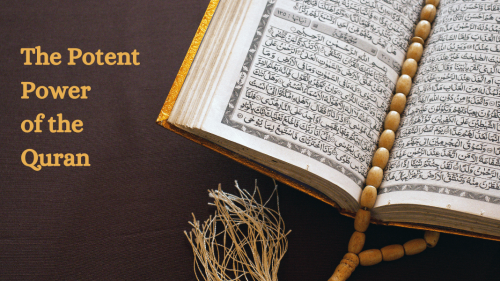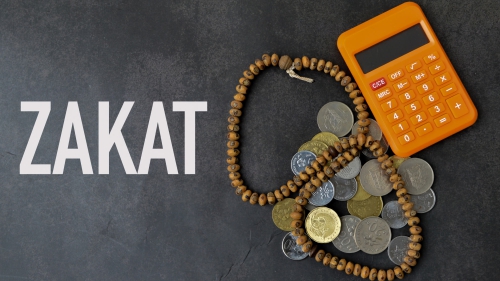A Remedy for the Economic Ills in Our Society
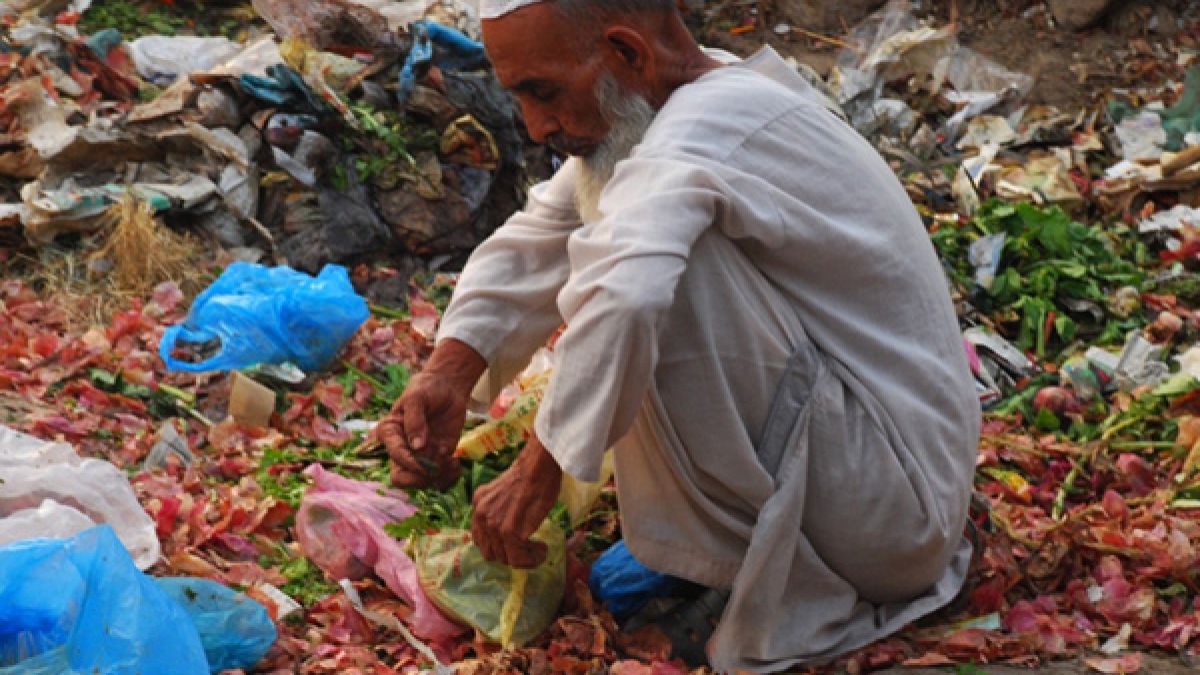
A detailed analysis of the economy reveals that the whole economic set-up of our country is based on great vice and evil.
The foremost evil in it is the institution of Banking. Through this institution, the whole nation's wealth is rendered at the disposal of a few individuals. In the guise of national development and stability, all the money is actually used to satisfy the whims and lusts of a few capitalists. Banking, on the one hand, produces economic disparity and, on the other, cripples the national economy. While the rich get richer and the poor get poorer, a country gets caught in a vicious circle of procuring external loans for its own sustenance. It is because of the institution of banking that a country has to rely on money borrowed on interest from its own people through investment certificates, prize bonds, rifle draws and other alluring schemes for the completion of various welfare and commercial projects and for administration and defense requirements.
The second evil is system of taxation. The government has an almost unlimited authority to impose whatever amount of tax whenever it likes on the people, while the rates of Tax fixed once and for all by Allah and His Prophet (sws) are not taken into consideration. As a result, it has become almost impossible for people to carry out business honestly or pursue any other economic activity. Every year the national budget is anticipated with dread and fear. Every new tax decreases the credibility of the government and represses the spirit of its people to come out and offer what they can if their country is in need of their assistance.
The third evil is that the system does not uphold the rightful claim of the workers to be granted both a basic salary and a share in the net profit according to the extent of toil and labor put in. Although the industrial workers have been granted some other facilities besides their basic salary, yet their share in the total profit has only been accepted half-heartedly. The conditions of the land workers is even more pathetic.
The fourth evil is the total lack of acknowledgement of the fact that every penny over and above a person's needs does not belong to him; the poor and the destitute are its rightful claimants. As a result, needy citizens have been deprived of this right and the whole system is unable to provide them even with the basic necessities of life.
The fifth evil in is the menace of large cities, which are actually large industrial centers. Instead of dividing the resources of development into small units and providing all the citizens with equal opportunities, these resources have been concentrated in a few areas which receive development at the expense of others. Moreover, these large cities have become perfect breeding places for criminals and have also been responsible for the disruption of our cultural traditions. Not to mention the fact that congestion and pollution have deprived people of fresh and invigorating environment.
These are the major evils which plague our economic set-up. They have, in fact, significantly contributed to the moral degeneration and regression of the whole society. In our estimation, the solution to these problems lies in restructuring the economy of Pakistan on the basis of a just distribution of wealth and self-reliance in such a manner that gradually the government has no need to impose any tax on its citizens other than zakat. For this objective, the following steps should be taken by the government:
|
According to the above mentioned principles, the following system of zakat should be imposed in the country according to the precepts of the Islamic Shari'ah:
Zakat on Wealth
This is deducted at the rate of 2% annually after subtracting the statutory exemption (52.5 tl / 612gm silver or its equivalent or gold or....') and taking into consideration the exemption of personal items of daily use, for example, personal belongings as house and car. Tax on trade capital should also be levied at the same rate, considering this capital to be the sum of cash and stock in trade.
Zakat on Produce
Zakat on produce is deducted on production at the time of produce after subtracting the statutory exemption (1119 kg dates or their equivalent in cash) and taking into consideration the exemption of the means of production, for example, tools and machinery. Depending upon the kinds of items, zakat has three rates: 5%, 10% and 20%.
5%: On items which are produced by the interaction of both labor and capital. Examples include:
|
10%: On items which are produced such that the major factor in producing them is either labor or capital, but not both. Examples include:
|
20%: On items which are produced neither as a result of labor nor capital but are actually a gift of God, for example treasures which are discovered.
Zakat on Animals
All those animals which are bred and reared for the purpose of trade and business are subject to zakat. The details of these can be seen in any book of fiqh.
If in the means of production, a person's right to run and manage what he owns of them results in injustice and usurpation, the state has all the authority to interfere and debar a person from this right, though, only after the decree of a court of law or of the Parliament. For example, all the agricultural lands of the country, by the participation of the government, may be transformed into large mechanized farming units and the planning of their cultivation and harvesting should be done at the national level. A National Land Commission should be duly appointed for this planning. The management of these farms should be entrusted to boards comprising the owners of the land, representatives of workers and the elected representatives of the state. Government should provide seed, machinery and water, while the workers should provide all the effort needed to till and harvest the soil. The income generated from these lands should be distributed among the three parties equally. The workers of course should be given a salary as well.










